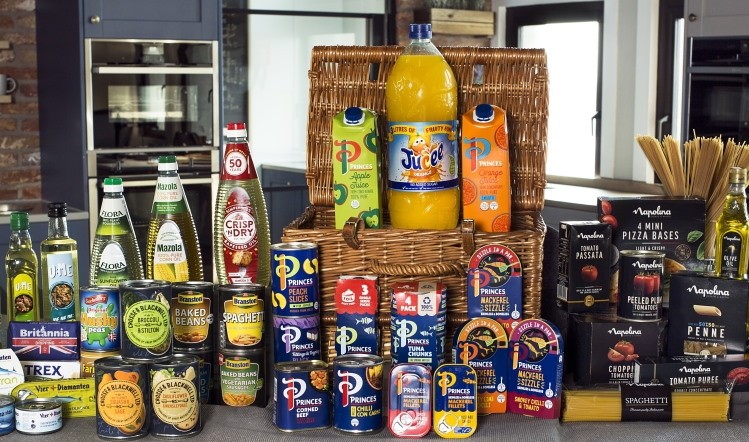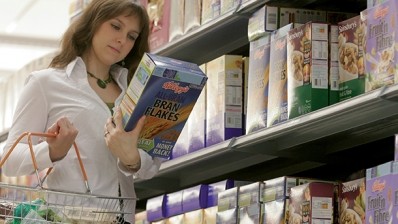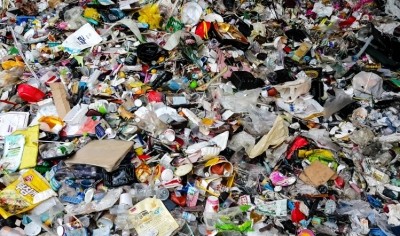Princes reduces global food waste by 12.84%

In the year ended March 2021, the manufacturer reported that 1.6% of the total food handled by the business was wasted.
Of the 69,456 tonnes of food waste generated across Princes’ global operations, 20,636 tonnes were sent to anaerobic digestion plants to be converted to energy, while 45,726 tonnes were used for animal feed.
An additional 202 tonnes was redistributed to charities, including UK waste and hunger charity FareShare.
Challenging year
David McDiarmid, corporate relations director at Princes, said: “In the last year we have continued to make good progress across our global operations, during what was of course a very challenging year for colleagues at our sites.
“This work is very much ongoing, as we continue to explore all opportunities to accelerate further action to reduce waste, and ensure that whatever we have is re-purposed.”
Princes has aligned itself with the United Nations’ Sustainable Development Goal (SDG) 12.3 to halve per capita global food waste at the retail and consumer levels and reduce food losses along production and supply chains, including post-harvest losses, by 2030.
Food waste and climate change
“Partners, including WRAP, whose inaugural Food Waste Action Week we supported earlier this year, have highlighted the role that food waste plays in climate change,” McDiarmid added.
“This is why food waste targets are included in our ‘2030GreenGoals’ sustainability programme for our factories, as we strive to meet our company vision to ‘Proudly help families to eat well without costing the Earth’.
Last month, Princes has revealed that packaging projects across its range of brands, are set to reduce carbon emissions annually by 1,100 tonnes and remove 900 tonnes of plastic (the equivalent of over 26m plastic bottles).
Meanwhile, problematic single-use plastic items were reduced by 46% while the amount of plastic packaging in supermarkets fell by 10% from 2018-2020, the UK Plastics Pact’s third annual report revealed.















